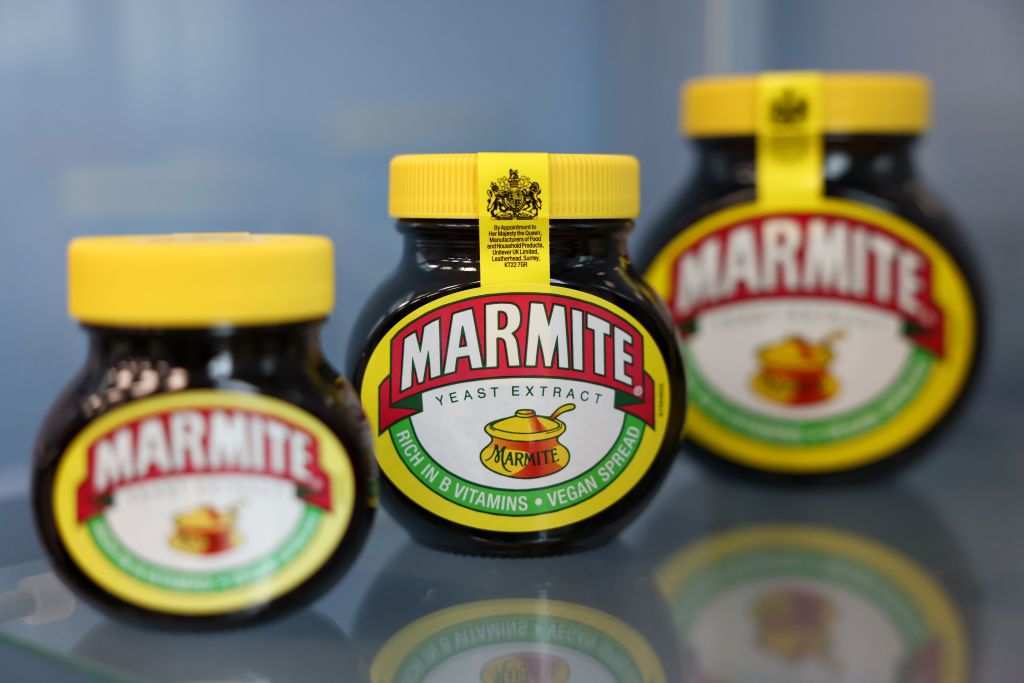A five-year investment return of 25% looks miserable compared with the 71% return of the MSCI All Country World index, so why does Personal Assets Trust (LSE: PNL) have £1.6 billion of assets and trade at a negligible discount to net asset value (NAV)? The answer is that PNL – like Capital Gearing (LSE: CGT) and Ruffer Investment Company (LSE: RICA) – isn’t targeted at those who want to get rich through investment, but at those who want to stay rich.
“Our policy is to protect and increase (in that order) the value of shareholders’ funds per share over the long term” is the trust’s strapline. Risk-averse investors could certainly have done much worse over the past five years: the average return from investing in supposedly safe gilts has been -22%.
Holding government bonds alongside equities has been the standard way to smooth the performance of a portfolio. The classic ratio has been 60% equities to 40% bonds. This works well when stock and bond markets are inversely correlated – meaning that bonds generally perform strongly when equities are doing badly and vice-versa.
Subscribe to MoneyWeek
Subscribe to MoneyWeek today and get your first six magazine issues absolutely FREE
Get 6 issues free
Sign up to Money Morning
Don’t miss the latest investment and personal finances news, market analysis, plus money-saving tips with our free twice-daily newsletter
Don’t miss the latest investment and personal finances news, market analysis, plus money-saving tips with our free twice-daily newsletter
Yet this is no longer working well. The inverse correlation that lasted for over 30 years flipped in 2022. A classic passive 60/40 portfolio would have become increasingly volatile, while returning a comparatively modest 34%.
Holding a fund such as PNL rather than gilts would have done a far better job in smoothing performance for a much lower sacrifice of returns: a combination of 60% equities and 40% PNL would have returned 53%. That is why it is included as part of the MoneyWeek model portfolio.
Personal Assets Trust has a cautious portfolio
PNL’s positioning is cautious. The portfolio, which is run by Sebastian Lyon and Charlotte Yonge of Troy Asset Management, has just 38% in equities, mostly in blue chips.
The top five stocks (out of 17 holdings) are Unilever (4.5% of the total portfolio), Alphabet, Visa, Diageo and Microsoft.
Meanwhile, 48% of the portfolio is invested in government bonds. Of this, 24% is US inflation-linked bonds, 8% is Japanese government bonds, 9% is short-dated gilts, 4% is UK inflation-linked bonds, and 3% is short-dated US Treasuries. The focus on short-dated and inflation-linked bonds suggests that Lyon and Yonge don’t believe that the rise in bond yields has ended.
The single largest position is gold bullion (currently 10.7%), but Lyon and Yonge are not paid-up members of the-end-of-the-world-is-nigh crowd. They have taken “material gains” on their holdings in gold over the last nine months and also point out that “the strong recovery in equity markets is a reminder [of] why transposing geopolitical predictions onto financial markets is challenging”.
Personal Assets Trust: discount control
Of course, steady returns from a strategy like this can be made more volatile for investors if an investment trust’s discount to NAV fluctuates. The discount might be expected to widen when equity markets were performing well and PNL was lagging badly, but narrow when it was at least preserving value in difficult markets.
To prevent this, PNL has a rigid discount control mechanism: buying back shares when there is excess supply, and issuing them when there is excess demand. This keeps the shares trading close to net asset value. In the year to 30 April, the trust bought back 26 million shares (6.2% of those in issue at the start of the year) and issued just 0.6 million.
PNL has returned 204% in share-price terms since Troy’s appointment in 2009, which is more than double the 90% increase in the retail price index. Taking more risk has paid off for investors over the past five years, hence its returns have lagged the market. Still, PNL’s time will come again – maybe not yet, but very likely within the next five years.
This article was first published in MoneyWeek’s magazine. Enjoy exclusive early access to news, opinion and analysis from our team of financial experts with a MoneyWeek subscription.

